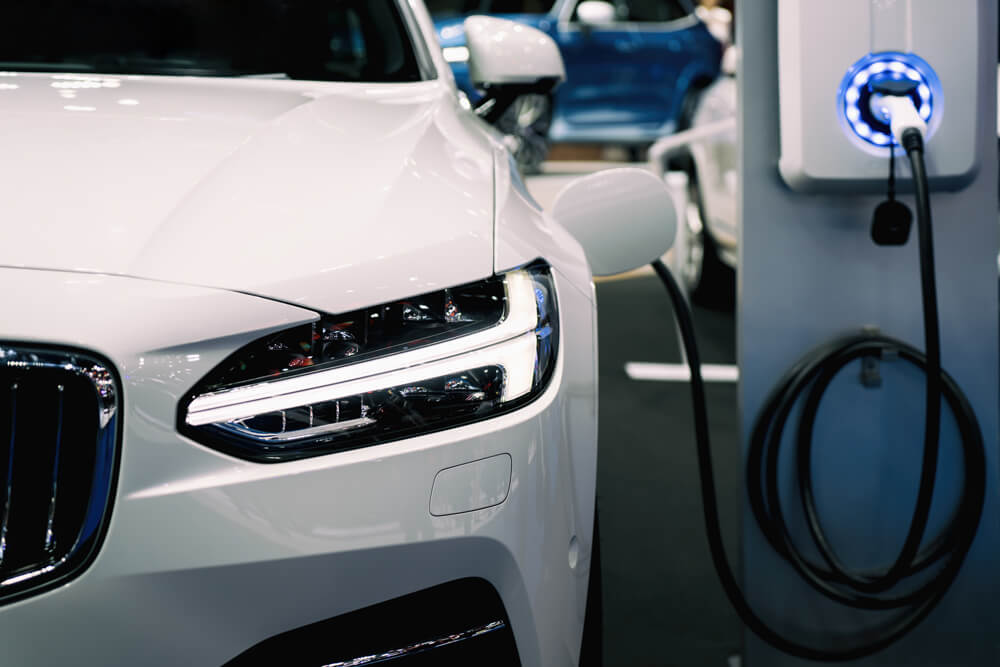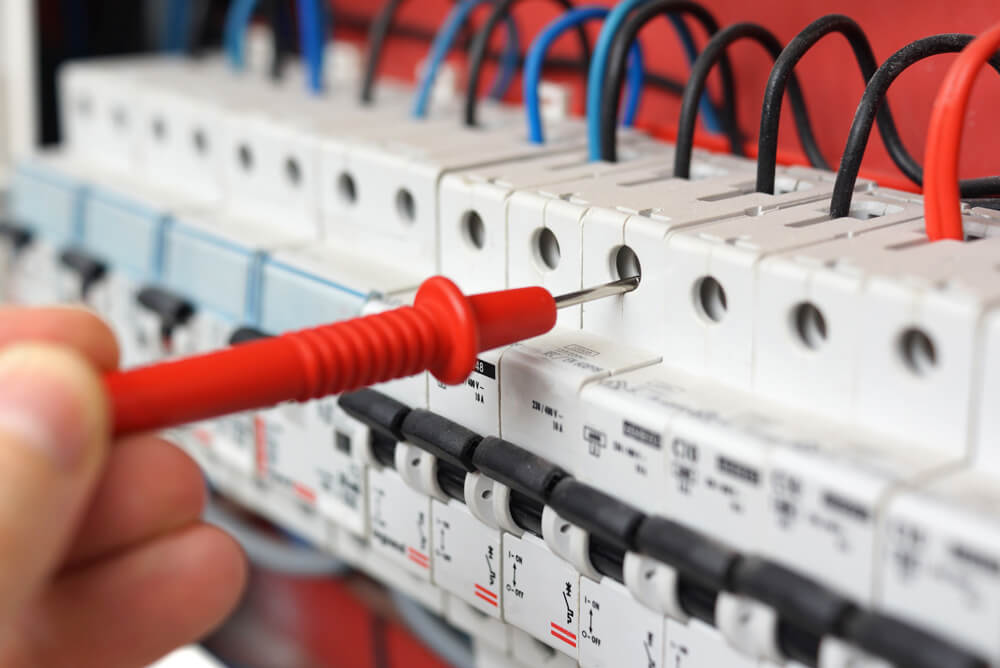
Electric cars and trucks are powered by electricity, which as an energy source is cleaner and cheaper than oil. Even when the electricity originates from the dirtiest coal-dominated grid, electric vehicles (EVs) still produce less global warming pollution than their conventional equivalents, and with fewer tailpipe emissions (or none at all).
Charging at Night Means Cleaner Energy
Overall energy consumption is lower during the night, which is when wind generation tends to be more prominent in the energy mix. By charging during the night, electric vehicles can help the usage of higher quantities of renewables. This likewise serves as a buffer to stabilise our electricity system.
Reducing Climate Change
Transport represents around a quarter of the UK’s carbon emissions, a crucial contributor to climate change. 100% of electric vehicles do not produce any greenhouse gas exhaust emissions while being driven and those from plug-in hybrids are substantially lower than from standard petrol or diesel cars. Changing to an electric car or van for that reason makes it easy for chauffeurs to reduce carbon footprints and play a part in safeguarding the future of our planet.
Less Oil, Dirt, and Parts Replacement
No engine oil and the low wear on EV brakes and tyres are further benefits for the environment. Less wear on brakes and tyres suggests less dust and dirt. This likewise implies we do not require to replace or recycle them as typically.



